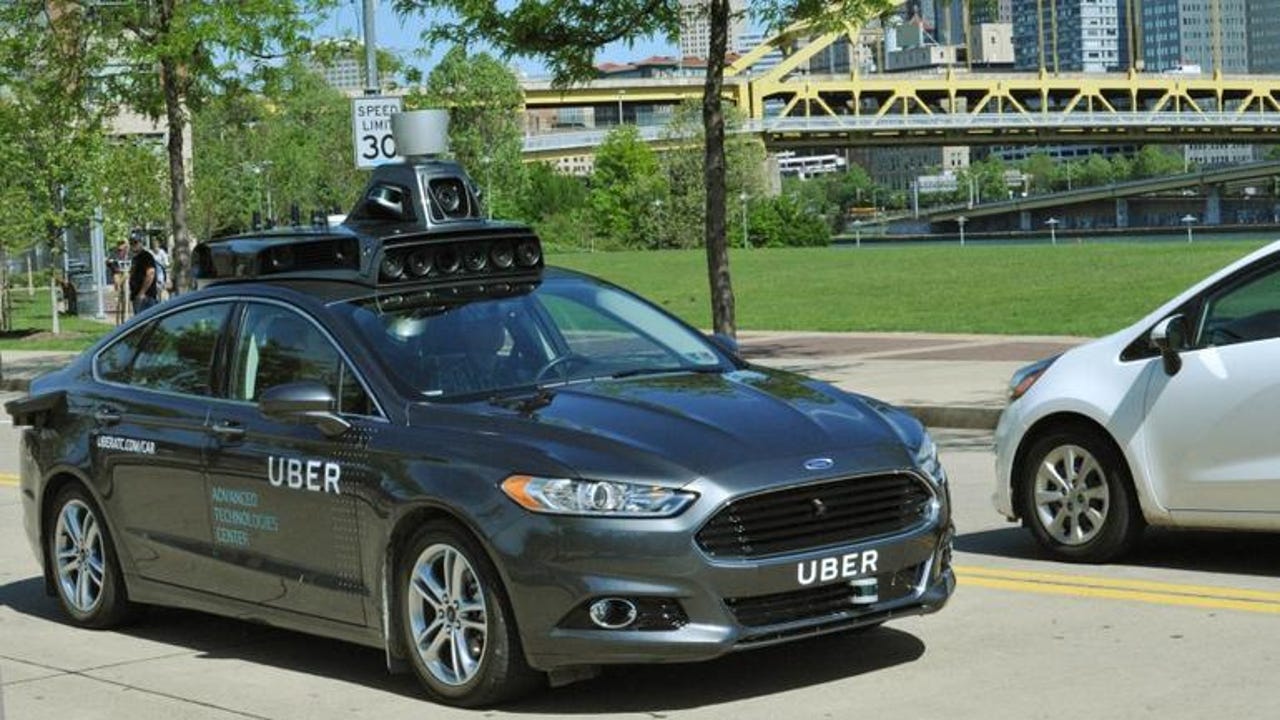Uber snaps up AI startup Geometric Intelligence, forms Uber AI Labs


Uber's self-driving vehicle on the streets of Pittsburgh.
Uber is bolstering its already ambitious tech-development strategy with the acquisition of New York-based Geometric Intelligence. The ride-hailing service will use the AI startup to launch a new research unit, dubbed Uber's AI Labs, in San Francisco.
Featured
In a blog post, Uber said the new AI Labs division will focus on "cutting-edge research in artificial intelligence and machine learning," with 15 employees from Geometric Intelligence forming the initial core of the group.
Uber AI Labs joins Uber's Advanced Technologies Center (ATC) in Pittsburgh, which houses a team of engineers and researchers working to further Uber's self-driving car project.
It's likely that the new AI team will also work on the computational challenges of autonomous vehicles, but its research will aim to extend the technology more broadly.
Machine learning, the concept of training large-scale AI networks to teach and improve themselves over time, is already used by Uber to route drivers, respond to supply and demand, and to calculate its carpooling product uberPOOL.
"With all of its complexity and uncertainty, negotiating the real world is a high-order intelligence problem," writes Uber chief product officer Jeff Holden. "It manifests in myriad ways, from determining an optimal route to computing when your car or UberEATS order will arrive to matching riders for uberPOOL. It extends to teaching a self-driven machine to safely and autonomously navigate the world, whether a car on the roads or an aircraft through busy airspace or new types of robotic devices."
Uber's latest purchase follows up its purchase of Otto, a startup focused on autonomous trucks, back in September. Combined, both deals hint at Uber's ambition to become an all-around transport company built on sophisticated, new-age technology. Uber today is focused on being a marketplace for rides via drivers operating in the gig economy -- Uber in the future could look more like a Google, Apple, or Microsoft.
SEE ALSO: Uber suffers $1.2 billion half year loss: Report | Uber's self-driving car to hit the streets of Pittsburgh | Uber acquires Otto, enters trucking and may find better business model | Uber to launch self-driving fleet in Pittsburgh